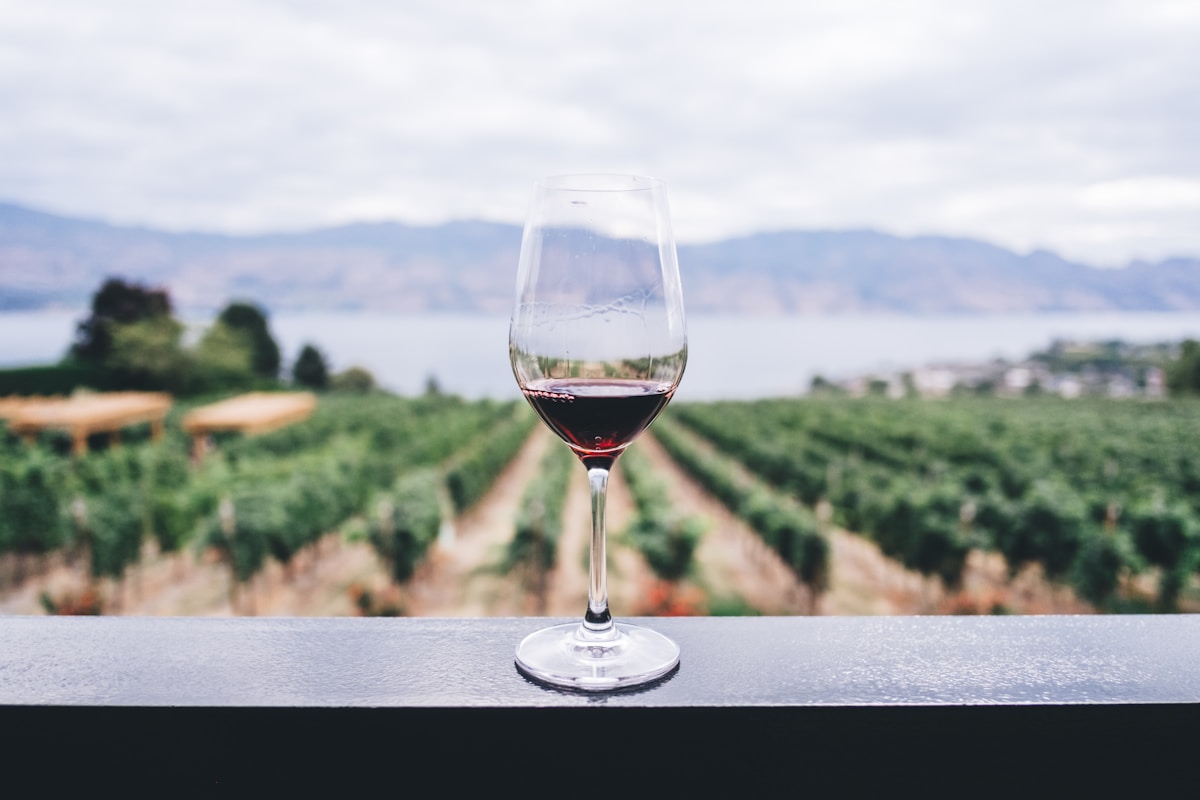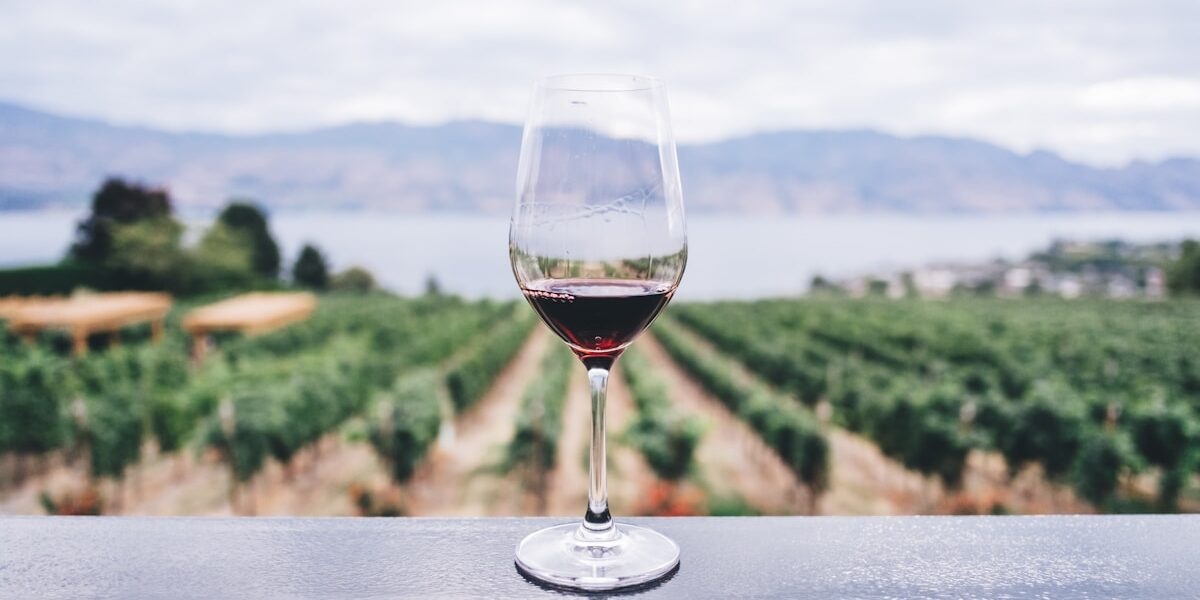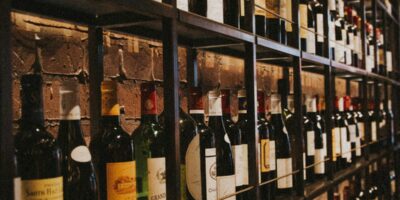Winemaking has gotten complicated with all the techniques and equipment flying around. As someone with extensive winemaking experience, I learned everything there is to know about crafting wine. Today, I will share it all with you.
Best Wine Glasses
The Best Wine Glasses: What You Need to Know
Choosing the perfect wine glass can improve your drinking experience. Each type of wine has a specific glass that enhances its flavors, aromas, and overall enjoyment. If you are a casual drinker or a seasoned sommelier, understanding the differences can make a significant impact.

The Basics of Wine Glasses
Wine glasses come in various shapes and forms. The principal components include the bowl, stem, and base. The bowl’s shape influences how aromas and flavors are perceived. The stem keeps the heat from your hand away from the wine. The base provides stability.
Types of Wine Glasses
- Red Wine Glasses: Typically have a larger bowl to allow the wine to breathe. This helps to release the complex flavors and aromas characteristic of red wines.
- White Wine Glasses: Smaller than red wine glasses. The smaller bowl helps maintain the cooler temperature of white wine.
- Champagne Flutes: Tall and narrow to keep bubbles intact for longer periods. Ideal for sparkling wines.
- Rosé Wine Glasses: Generally have a short bowl and a flared rim to direct the wine to the center of the tongue, enhancing its fruity flavors.
- Dessert Wine Glasses: Small and compact. These glasses amplify the sweeter notes of dessert wines.
Materials Matter
Wine glasses are usually made from glass or crystal. Glass is more affordable and durable, while crystal is prized for its brilliance and thinness. Lead-free crystal has become popular due to health considerations.
Red Wine Glasses: Delving Deeper
- Bordeaux Glass: Tall with a broad bowl. Perfect for full-bodied red wines like Merlot and Cabernet Sauvignon. The shape directs the wine to the back of the mouth, accentuating its richness.
- Burgundy Glass: Larger and rounder bowl. Suited for lighter reds like Pinot Noir. The design enhances the wine’s bouquet and directs it to the tip of the tongue for a delicate experience.
White Wine Glasses: More Than Just Smaller
- Chardonnay Glass: A larger bowl compared to other white wine glasses. This shape allows the richer whites to exhibit their full flavor profile.
- Sauvignon Blanc Glass: Smaller and narrower. Maintains the crisp and fresh profile of zesty white wines.
Specialty Glasses
- Stemless Wine Glasses: Modern and trendy. Easier to store and less prone to tipping over. While casual, they are good for everyday use.
- Universal Glasses: Designed to work well with both red and white wines. Great for those who want a multipurpose option.
- Vintage Champagne Coupe: Wide bowl and short stem. Often used for cocktails but traditionally a style for sparkling wines. Allows the effervescence to disperse quickly.
Care and Maintenance
Taking care of your wine glasses ensures their longevity. Hand washing is often recommended for both glass and crystal. Use mild detergent and avoid scrubbing with abrasive materials. Dry with a lint-free cloth to avoid water spots.
Impact of Shape on Aroma and Taste
The shape of the wine glass can dramatically influence the tasting experience. Narrow bowls concentrate aromas towards your nose. Wider bowls provide more surface area for oxidation, which enhances aroma release. The rim affects how the wine enters your mouth, guiding it to different taste buds.
Affordable Options
- Libbey Signature Kentfield Estate: Budget-friendly yet elegant. Dual-purpose for both red and white wines.
- Riedel Vinum Zinfandel/Riesling: Precision-engineered for specific wine types but offered at a reasonable price point.
- AmazonBasics Red Wine Glasses: Simple and cost-effective. Great for everyday use.
Luxury Options
- Riedel Sommeliers Burgundy Grand Cru: High-end and mouth-blown. Exceptional for showcasing premium wines.
- Zalto Denk’Art Universal Glass: Offers unparalleled thinness and brilliance. Professional grade for an elevated experience.
- Schott Zwiesel Tritan Crystal Glasses: Dishwasher safe and highly durable. Fusion of luxury and practicality.
Things to Consider Before Buying
- Frequency of Use: If you’re hosting frequent dinners, durability is crucial.
- Type of Wine: Align your choice of glass with the wines you most frequently enjoy.
- Storage Space: Stemmed glasses take up more room. Consider your storage capabilities before purchasing.
- Personal Preference: the best wine glass is one that feels good in your hand and enhances your enjoyment.
Technical Aspects
Many premium glasses are lead-free to avoid health risks. Modern manufacturing techniques have also improved durability. Newer glasses are often made to be dishwasher safe, combining convenience with elegance.



